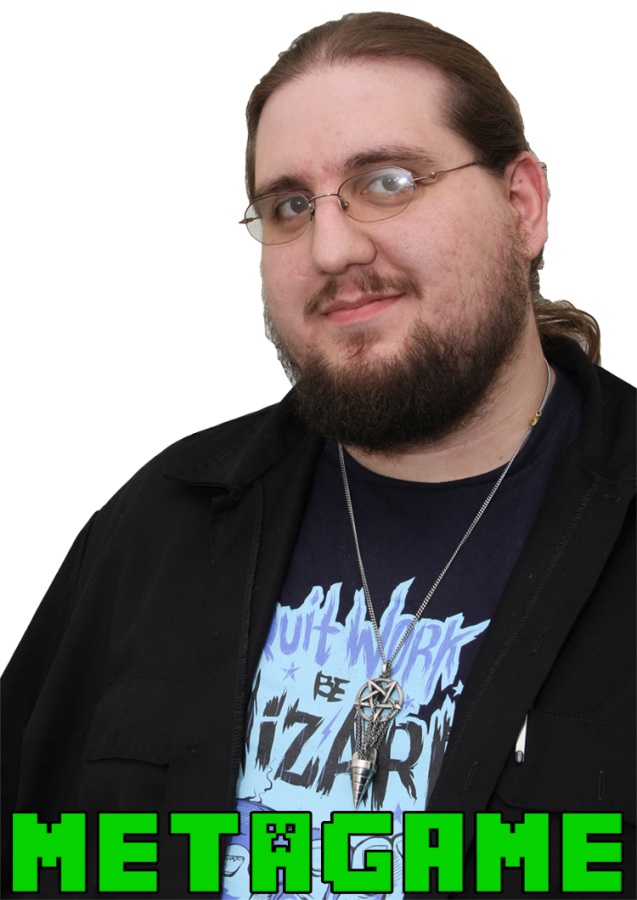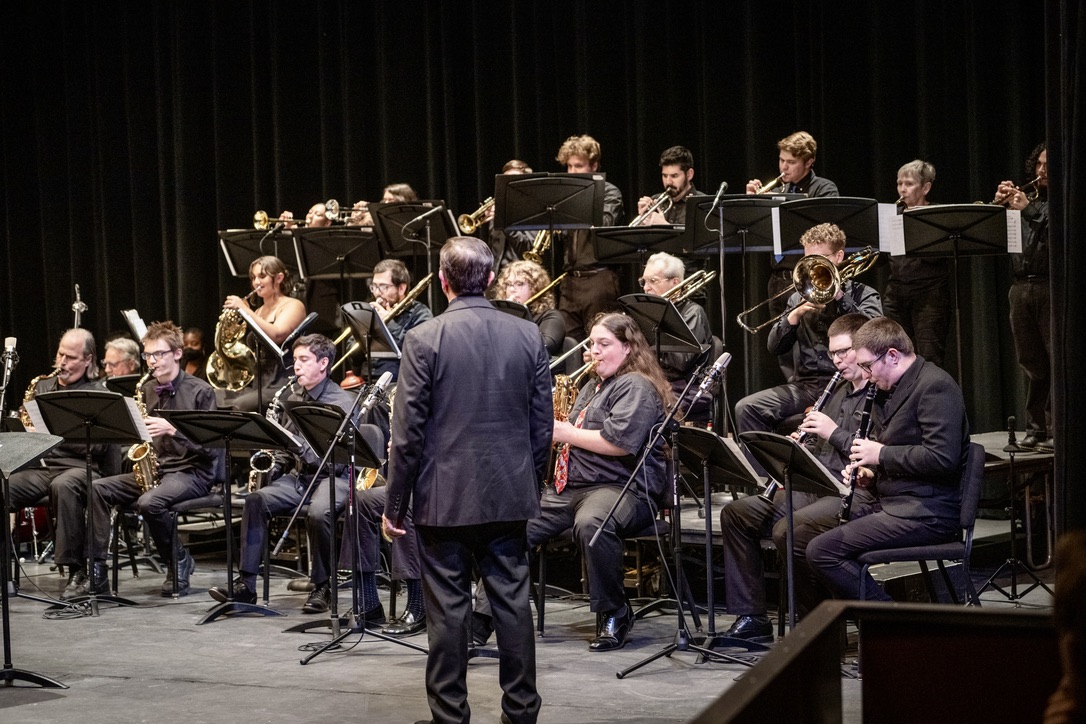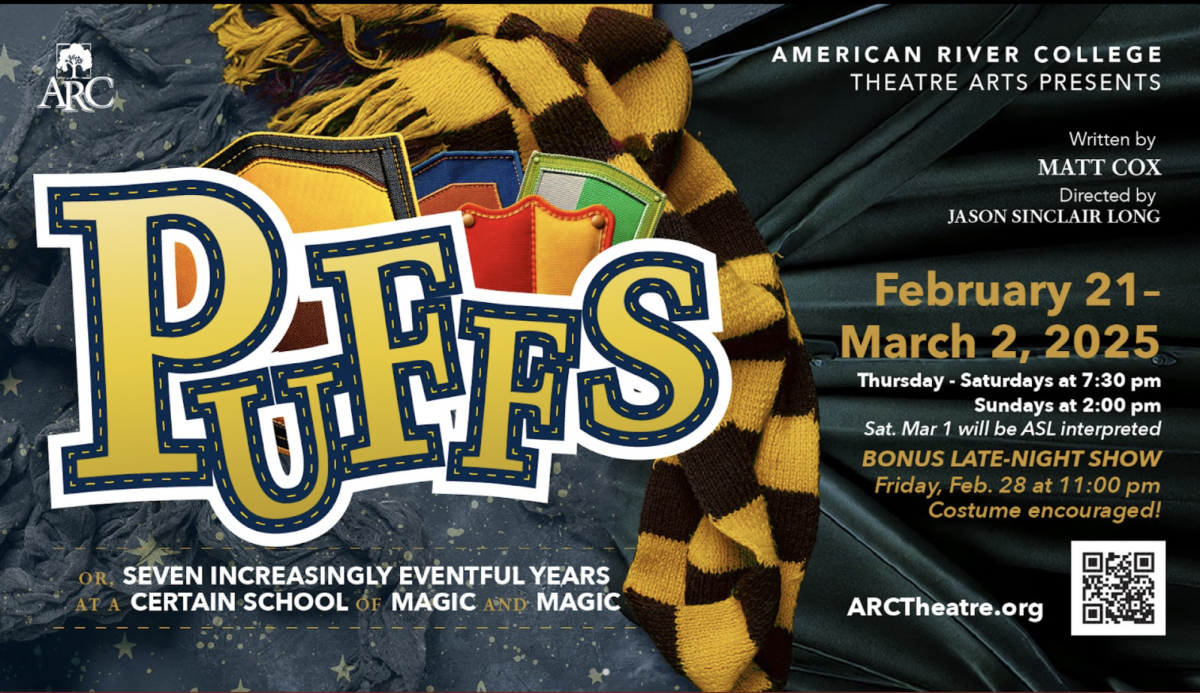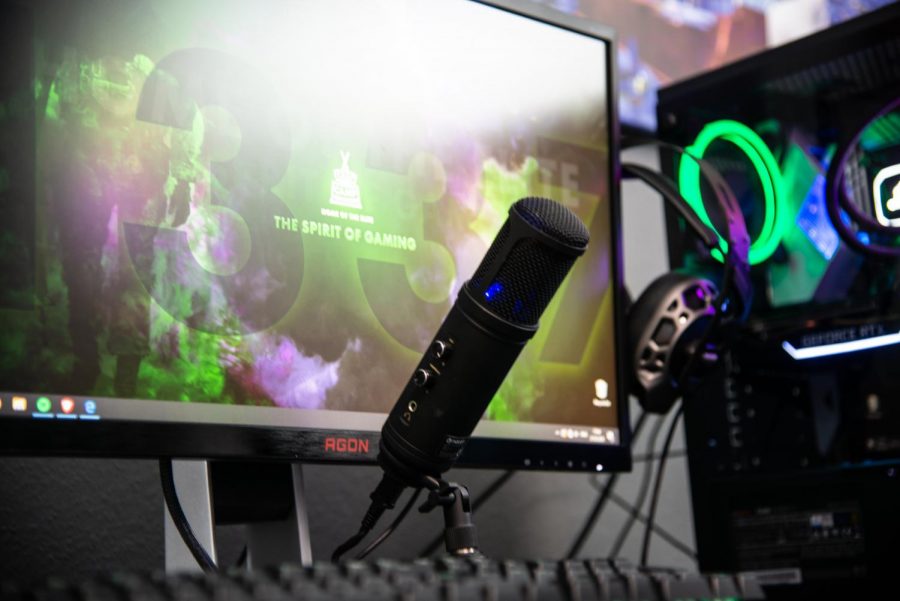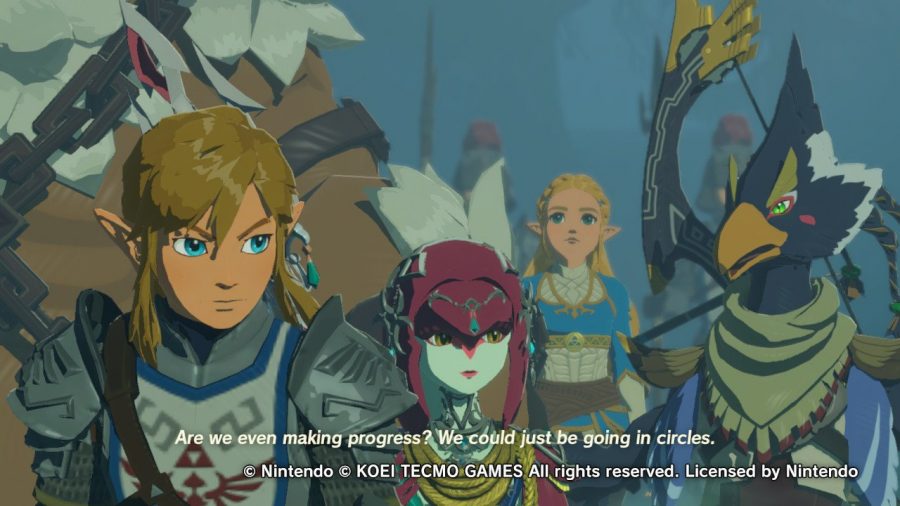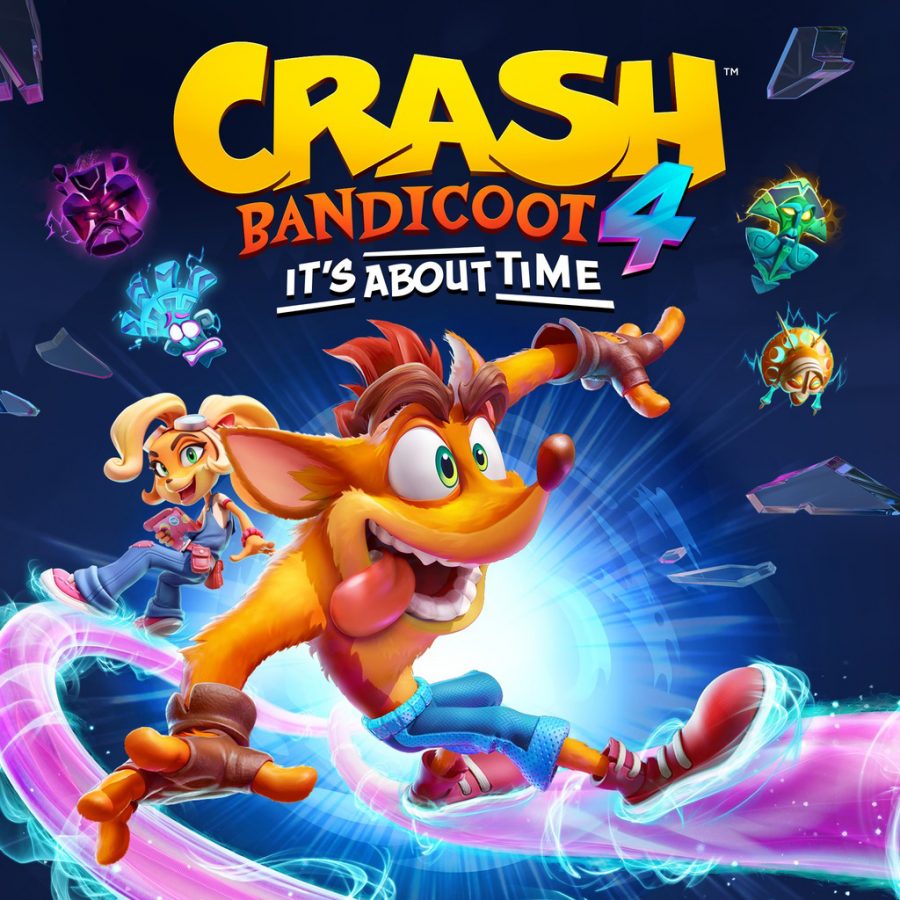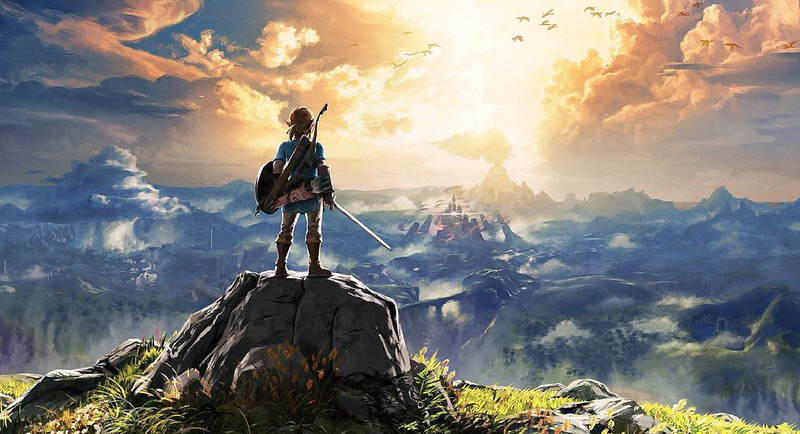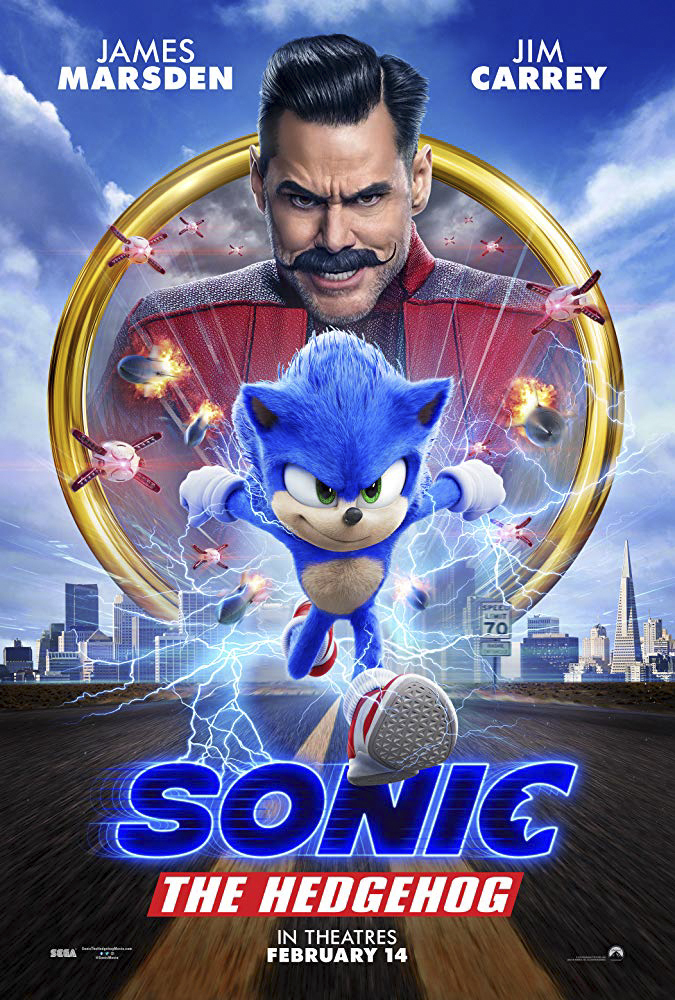Apparently Dance Dance Revolution (DDR) teaches one to kill by stomping on arrows set to a catchy and memorable beat. Also, Real Time Strategy games about directing troops, such as Starcraft, somehow confers the proficiency and callousness necessary to shoot human beings.
I’m sorry, but I must have fallen into the power-mad fantasies one must suffer to think that DDR and Starcraft somehow create a murderer. These are the only two games played by the Newtown shooter, and politicians think they’re to blame.
History seems intent on repeating itself for the entertainment industry. Moral guardians have once again begun to beat on their favorite dead horse, video games, proposing HR 287, the Video Games Ratings Enforcement Act.
This echoes the Parents Music Resource Center’s (PMRC) attempt to institutionalize censorship for music through a ratings board of politicians whose wives interpreted lyrics about the fear of impending surgery as encouraging “sadomasochism, bondage, and rape.”
The Entertainment Software Ratings Board (ESRB) was established as self-regulation of the video game industry and became one of the most effective in America. The ESRB produces a clear rating system using content descriptors available to the public, which is presented clearly on the packages. There are no laws regarding sales. It is entirely legal for a store to sell the M (Mature) rated Grand Theft Auto, known for violent content, to a five year old.
This system’s effectiveness is perhaps amazing, but understandable. Stores do not want to face the social blowback that would follow these sales, in turn, creating more policies. Employees do not wish to lose their job, and so they follow the policies. Anything after a purchase is the fault of the parents.
Spitting in the face of this efficacy, Rep. Jim Matheson (D-UT) has penned and introduced HR 287. If passed, any store that sells an M rated game to a minor would face fines of up to $5,000.
This holds the same issue that Frank Zappa raised in 1985 about the PMRC. By establishing a rating system with legal penalties, a medium is placed into the same niche as pornography. Video games have fought for the last two decades to be considered an art form. They are a medium for telling stories. These stories may be fantastic, even gory, but they do not inherently hold any meaning that movies do not also hold. Pornography is the only form of entertainment that is illegal to sell to minors. Despite the claims of Washington DC’s moral guardians and courtrooms, video games are not pornographic. They are no more murder simulators than movies, whether Die Hard, or Disney.
The simple fact of the matter is that HR 287 is an unfair and unnecessary burden, especially when so many other laws could prevent shootings simply by being enforced.


